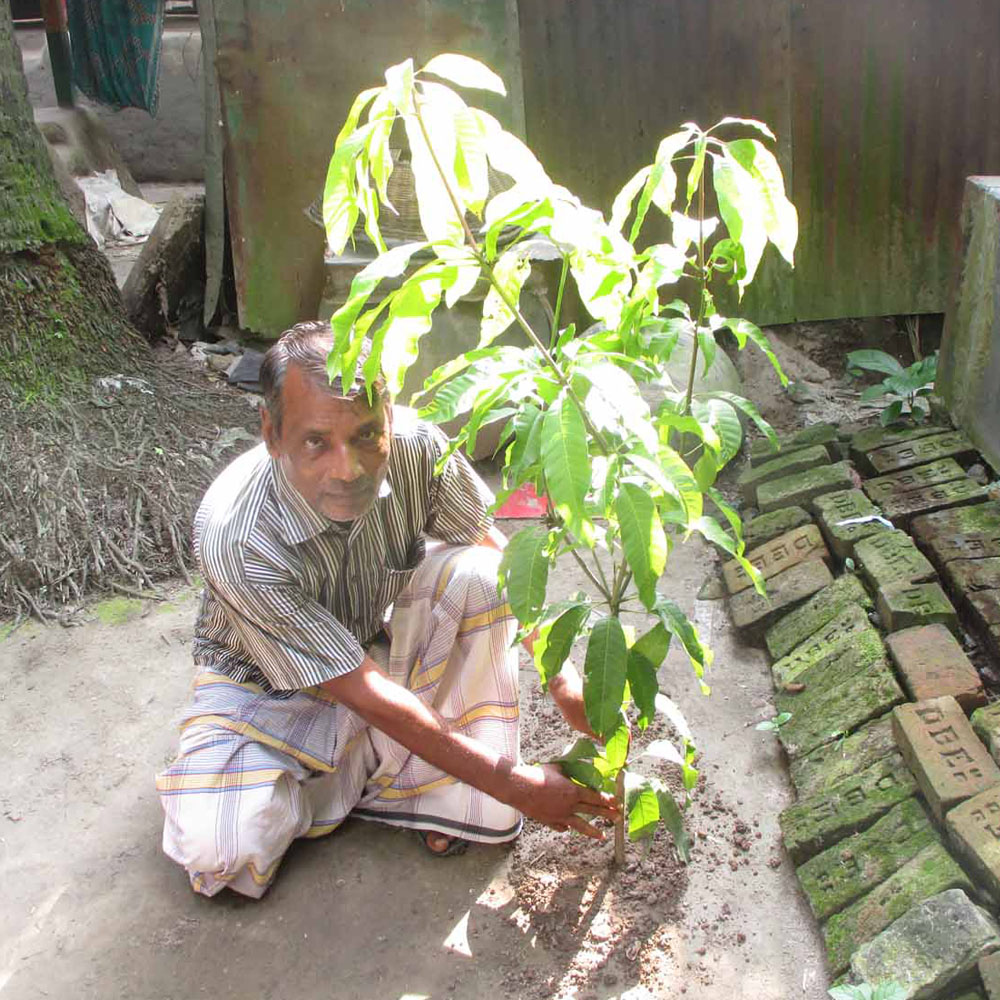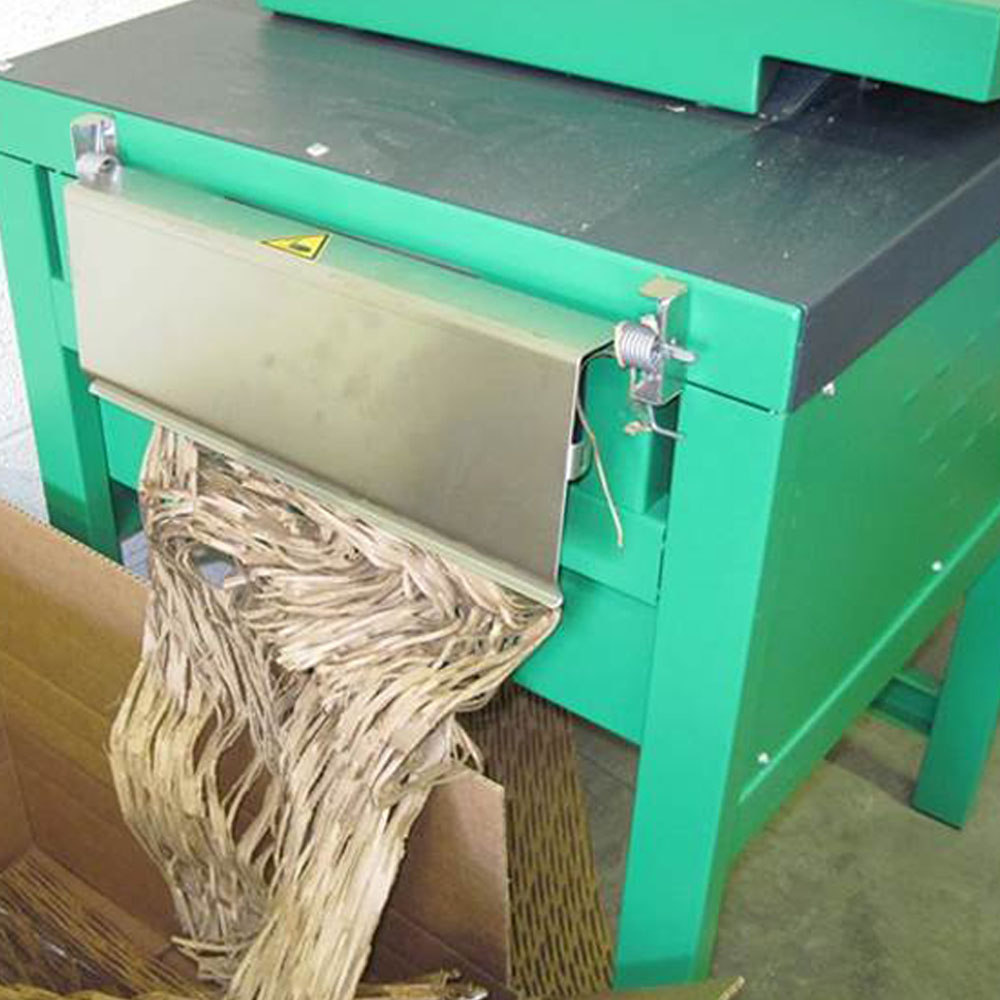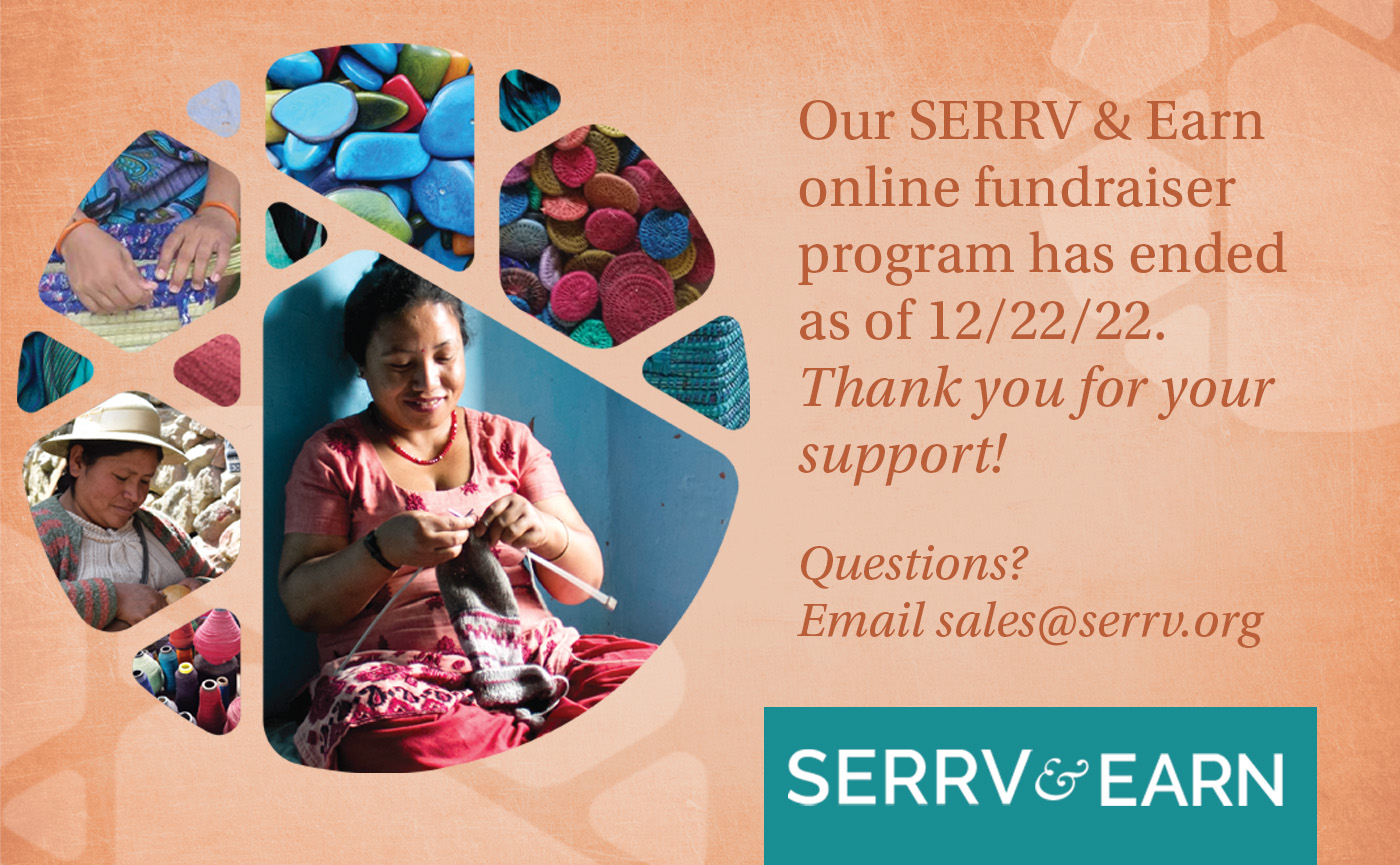Our Commitment to Sustainability
Climate change is directly linked to poverty. People with limited income and communities of color are disproportionately on the front lines of environmental disasters and are more adversely affected by climate change. At SERRV, we have a mission to create a more sustainable world for both our current artisan and farmer partners and future generations. That's why we've built sustainability into the core of who we are.
 Our partners in India using upcycled sari
Our partners in India using upcycled sari
Fair trade, by definition, is more sustainable than conventional business. Items are made on a small scale and by hand, which employs people rather than machines and reduces electricity use. Artisans and farmers use their income to improve their housing, educate their children, feed their families, and invest in their communities--creating and sustaining lifestyles with low carbon footprints. With fair trade, decisions are made at the local level so community values and needs are reflected in the process rather than distant profit-making decisions, which too often cause negative environmental impacts.
As founding members of the Fair Trade Federation, we adhere to 10 membership principles including Cultivating Environmental Stewardship:
Fair trade seeks to offer current generations the ability to meet their needs without compromising the ability of future generations to meet their own needs. Members actively consider the implications of their decisions on the environment and promote the responsible stewardship of resources. Members reduce, reuse, reclaim, recycle, and regenerate materials wherever possible. They encourage environmentally sustainable practices throughout the entire trading chain.
The Fair Trade Federation is working to support businesses in the U.S. and Canada that are fully committed to fair trade, sustainability, and advancing equitable rights for all people.
We're also part of the Green Business Network, which includes the following standards:
- Operate a "values-based" social enterprise according to principles of social justice and environmental sustainability
- Be environmentally responsible in the way operations and facilities are run and in how raw materials are sourced, how products are manufactured, and how they are marketed
The Green Business Network is working to help businesses around the country protect the environment, and we're proud to join 2,000 other businesses in lessening our impact on the planet.
Going Green
We're going green by working with our artisan and farmer partners to design eco-friendly items and sustainably-grown foods for your home using materials such as fast-growing grasses, sustainable woods, recycled metals, handmade papers, upcycled and respun fabrics, and organic or chemical-free ingredients.
Upcycled products are made with discarded materials that are being reused to create a second, high-quality, eco-friendly product. Our upcycled sari textiles, baskets, and more take used saris and give them new life as some of your favorite handcrafts.
We're also phasing out most plastic in our products, instead transitioning to eco-friendly alternatives like cotton and recycled paper.
 Planting trees in Bangladesh
Planting trees in Bangladesh
Our artisan and farmer partners are going green by investing in protecting and healing their local environments through projects such as wastewater treatment, tree reforestation, solar lighting initiatives, and education on eco-friendly farming methods. Our partners are also working to find alternatives to plastic bags, like biodegradable corn starch packaging, while keeping products clean and protected for their journey to our warehouse in Westminster, MD.
Helping you go green. We offer handmade, eco-friendly options to help you go greener every day! Explore our Waste-Free Living handcraft collection to get started.
Lessening our Impact
We reduce our carbon footprint by shipping products by sea instead of air for the vast majority of our products. According to recent research by Oxfam Magasin du Monde, sea freight has an emissions factor (EF) 100 times lower than air freight. This requires us to manage an extended timeline as shipping by sea from Asia and Africa takes months longer than by air. It also means we must work closely with our partners on carefully packing our orders to maintain quality throughout the long freight time.
We use recycled and eco-friendly collateral. Our catalogs use inks with 25% renewable resource content from ingredients such as pine and linseed oils, making them more sustainable than soy-based ink, which has 7% renewable resource content (the industry standard). When available, we use catalog paper with 10% recycled content--the highest percentage currently available for this use. We strive to use recycled-content and/or FSC-certified paper when printing stationery, tags, letters, and more. Our teams in Madison, WI and New Windsor, MD do their part by minimizing single-use plastics and recycling paper, cardboard, and other materials from day-to-day activities.
We're reducing the amount of paper we use by investing more in digital marketing channels and mailing fewer catalogs each season. Don't miss out on exclusive deals, sneak peeks, and beautiful images of our newest products--be sure to sign up for our emails today. You'll get all this and more, all without the paper.
 One of our Green Machines
One of our Green Machines
Meet our Green Machines!
SERRV reuses 40,000 pounds of cardboard cartons every year. In 2017, we purchased our first Green Machine, and we received a second one as a donation in 2019. Thanks to our pair of cardboard shredders, we're able to turn shipping cartons from our global partners into packing paper for outbound packages to customers. We've saved thousands of dollars on recycling fees and purchases of new packing materials while dramatically reducing our use of plastic packaging, making this a sound environmental and financial investment.
Thinking ahead
We're always looking for ways to go even greener. Have an idea? Email us at marketing@serrv.org. We'd love to hear how you think we can continue to make a difference for our partners and the environment.






